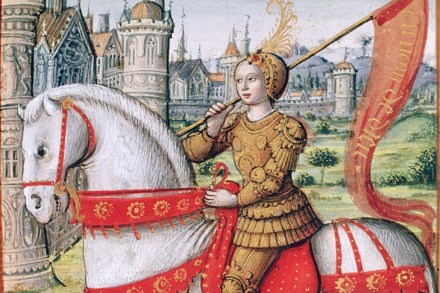A love letter to France
When John Julius Norwich was a boy, his father was British ambassador in Paris.School holidays were spent in the exceptionally beautiful embassy which had been purchased by the Duke of Wellington from Pauline Borghese. He would mix dry martinis for Jean Cocteau, and sing songs to the dinner guests which he had been taught by his father’s mistress, the poetess Louise de Vilmorin, who got on famously with his mother, Diana Cooper. It makes you long to have been there. This warm, delightful short history of France, aimed convivially at the general reader, is his love letter to the country he knew so well: and, he writes, most probably his





















